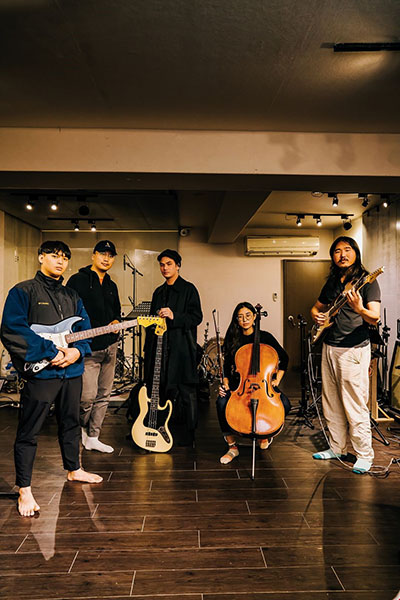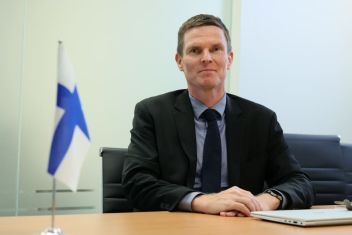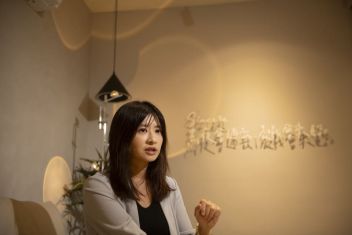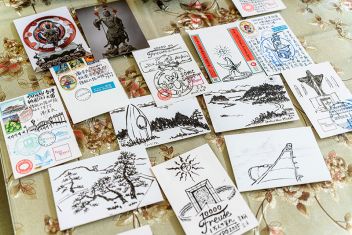A National Chengchi University Golden Melody Award is something many music-loving students aspire to, and generations of singers and songwriters first made their marks with one. 2021 will be the 38th year of the awards, giving them a longer history than the Ministry of Culture’s Golden Melody Awards. The works submitted by contestants are increasingly diverse in style, and there is a rich offering of seminars and performances during the awards period.





















